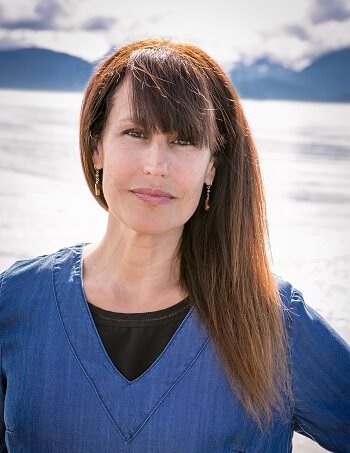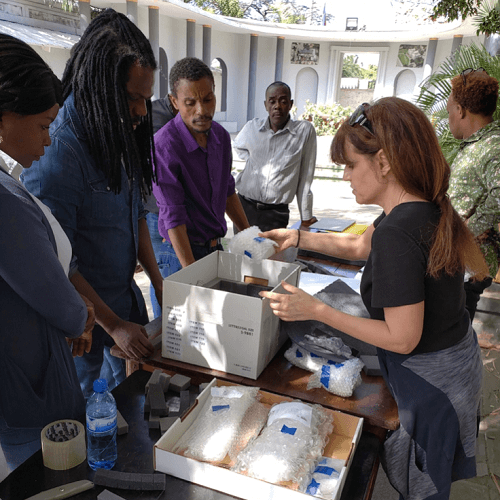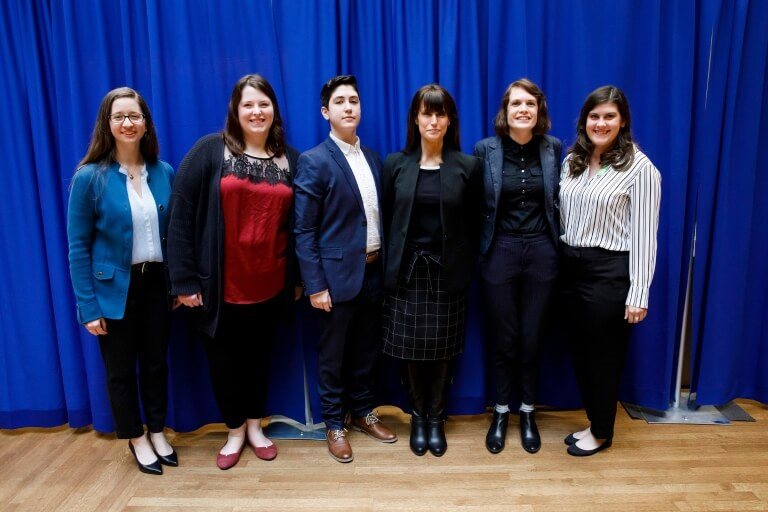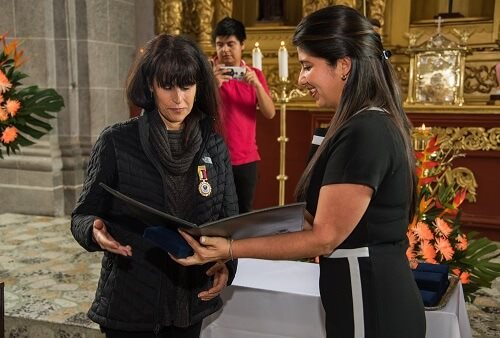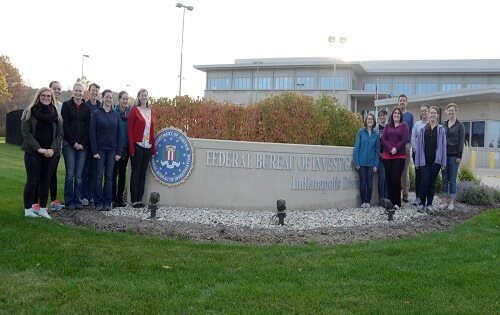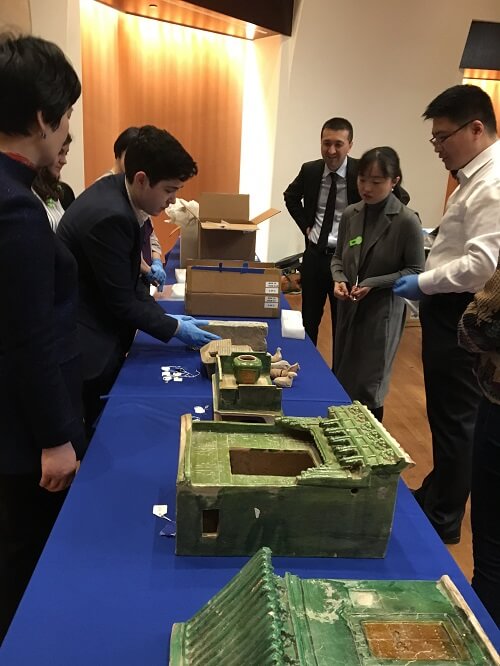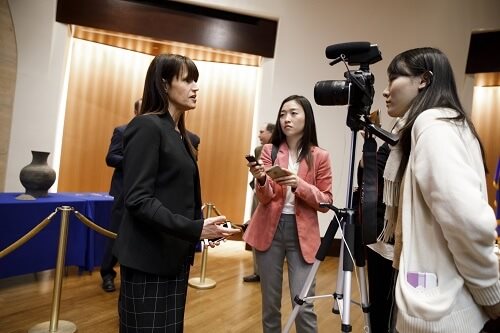Professor Holly Cusack-McVeigh is an Associate Professor of Anthropology and Museum Studies at IUPUI. She holds appointments as an Adjunct Assistant Professor of Native American & Indigenous Studies and as a Public Scholar of Collections and Community Curation. Professor Cusack-McVeigh also serves as a Research Associate in the Ethnology & History Department at the University of Alaska Fairbanks Museum of the North. She has lived and worked in Alaska for over twenty years and continues to collaborate with Alaska Native communities on projects ranging from repatriation, oral history, cultural heritage research and tribal resource management. She has served as a liaison between museums and Native groups under the Native American Graves Protection and Repatriation Act (NAGPRA), and worked as a consultant for tribal water quality trainings and tribal marine science workshops with Native coastal villages.
Her current research agenda is grounded in an ongoing collaboration with the Federal Bureau of Investigation and a major antiquities case that resulted in the recovery of several thousand objects. Her work with the FBI Art Crime Team exemplifies her broad scholarship on cultural heritage, the antiquities trade, looting, and repatriation with Indigenous partners worldwide.
When not doing research, teaching or writing, Professor Cusack-McVeigh enjoys kayaking on the ocean and exploring remote beaches.


